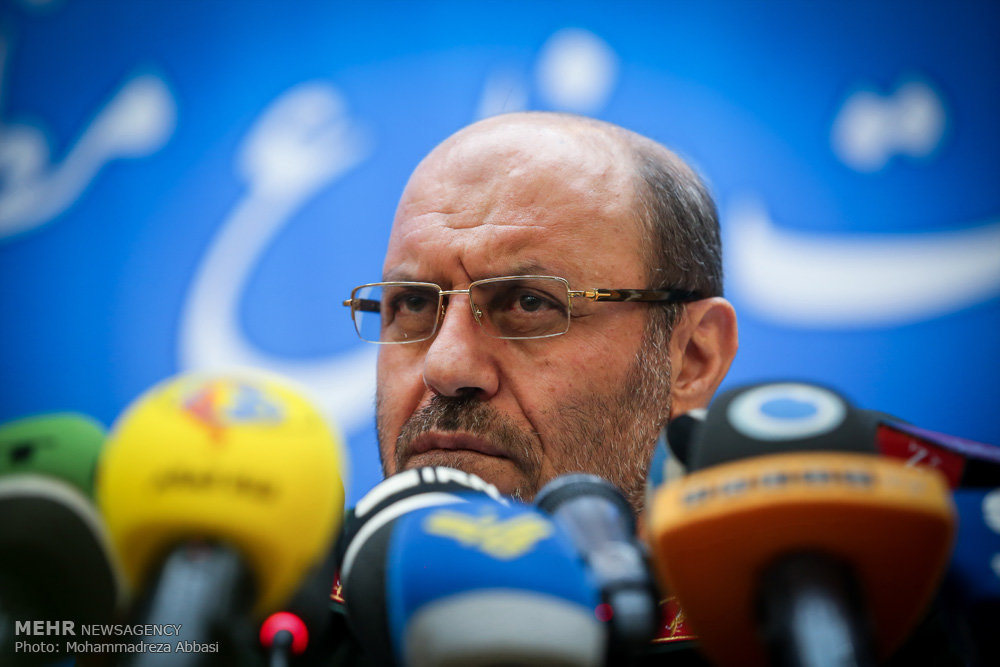Iran denies failure of satellite-carrier rocket

TEHRAN – Iran on Tuesday denied its recently tested satellite-carrier rocket was a dud, saying it was a “successful project,” according to Defense Minister Hossein Dehghan.
“The project was successful, and we reached our intended goals,” Dehghan said.
The remarks were the first official reaction to a Fox News report which said the Iranian Simorgh (Phoenix) rocket suffered a “catastrophic failure” after liftoff, quoting two U.S. officials.
The officials also speculated the natively manufactured rocket had likely blown up before it reached space.
In a separate report, U.S. Strategic Command, which monitors launches around the world, said a satellite was not deployed from the rocket.
“We do not expect that they (the Westerners) and particularly the Americans announce that the launching was successful,” Dehghan added, referring to failure claims by American officials.
Successfully fired on Thursday, the two-stage, liquid-fuel Simorgh can deliver satellites weighing up to 250 kg into orbit, a significant improvement in Iran’s fledgling space program.
Also, with the launch, Iran officially opened the Imam Khomeini National Space Station in Semnan province, some 220 kilometers east of Tehran.
With the space station operating now, Deputy Defense Minister Amir Hatami said on Tuesday that Iran can run the entire “space cycle which includes station, satellite-carrier, satellite, designing, and navigation.”
In an Instagram post on Thursday hours after the firing, President Hassan Rouhani said: “Today, space science and technology are of great importance to us.”
The rocket test sparked objection from the U.S., France, Germany, and Britain which said on Friday it was inconsistent with a UN Security Council resolution which endorsed the 2015 nuclear deal between Iran and world powers, calling on Iran not to conduct such tests.
United Nations Security Council Resolution 2231 "calls upon" Iran not to "undertake any activity related to ballistic missiles designed to be capable of delivering nuclear weapons, including launches using such ballistic missile technology".
Iran's Foreign Minister, Mohammad Javad Zarif, on Friday denied Tehran had missiles designed to carry nuclear warheads.
"Iran is not, and will not be, developing nuclear weapons; so by definition cannot develop anything DESIGNED to be capable of delivering them," Zarif said on Twitter.
"Iran - unlike the U.S. - has complied in good faith with the letter AND spirit of (the nuclear deal). Rhetoric and actions from U.S. show bad faith," Zarif added.
One day after the rocket test, the U.S. Treasury's Office of Foreign Assets Control imposed sanctions on six subsidiaries of an Iranian company key to the country’s ballistic missile program.
PA/PA
Leave a Comment